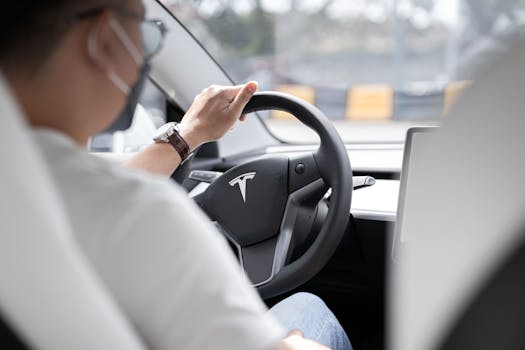This Thursday, Tesla is set to unveil its latest creation—the Cybercab, an autonomous taxi that represents not only another breakthrough in Tesla's self-driving technology but also a new vision for future urban transportation.


However, running a fully autonomous ride-hailing fleet involves much more than just teaching cars to drive themselves. While significant progress has been made in the development of autonomous driving technology, there are still numerous challenges to overcome before it can be widely commercialized. Technically, the hurdles are substantial. Although Tesla's Autopilot system is highly advanced, vehicles must still navigate complex urban environments, dealing with unexpected situations such as pedestrians suddenly crossing the street and visibility issues in adverse weather conditions. Additionally, legal and regulatory barriers cannot be overlooked. Currently, regulations for autonomous vehicles vary globally, meaning Tesla must gain approval in different markets, which adds complexity and cost to operations.
Tesla is not alone in this endeavor. Many tech giants and automotive manufacturers are also racing to develop autonomous driving technology, including Waymo, Uber, and Cruise. Each company has its own strengths, but Tesla's strong brand influence and innovative capabilities give it a competitive edge. The launch of the Cybercab not only showcases Tesla's technological prowess but also signals its ambitious goals in the autonomous driving sector.


Personally, I am eagerly anticipating the future of the Cybercab. While the widespread adoption of autonomous driving technology may take some time, I believe it will become a crucial part of future transportation. Imagine being able to order a ride through your smartphone and having an unmanned Cybercab arrive promptly to take you safely to your destination. This scenario promises not only greater efficiency and convenience but also a significant reduction in traffic accidents and congestion. Of course, all of this hinges on the technology maturing to handle various complex road conditions and unexpected situations.
In summary, Tesla's introduction of the Cybercab is more than just a new product; it is a bold experiment in the future of transportation. Regardless of the outcome, it will play a vital role in advancing the development of autonomous driving technology.

